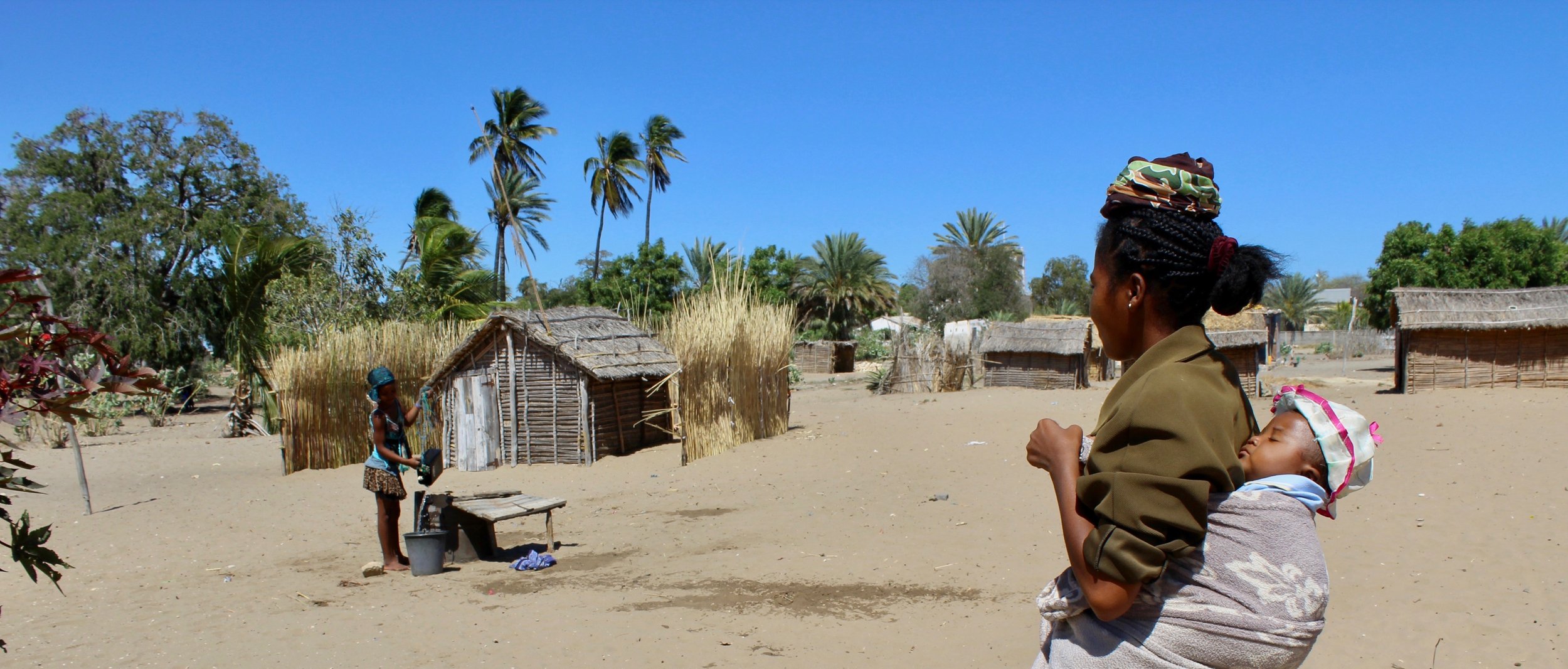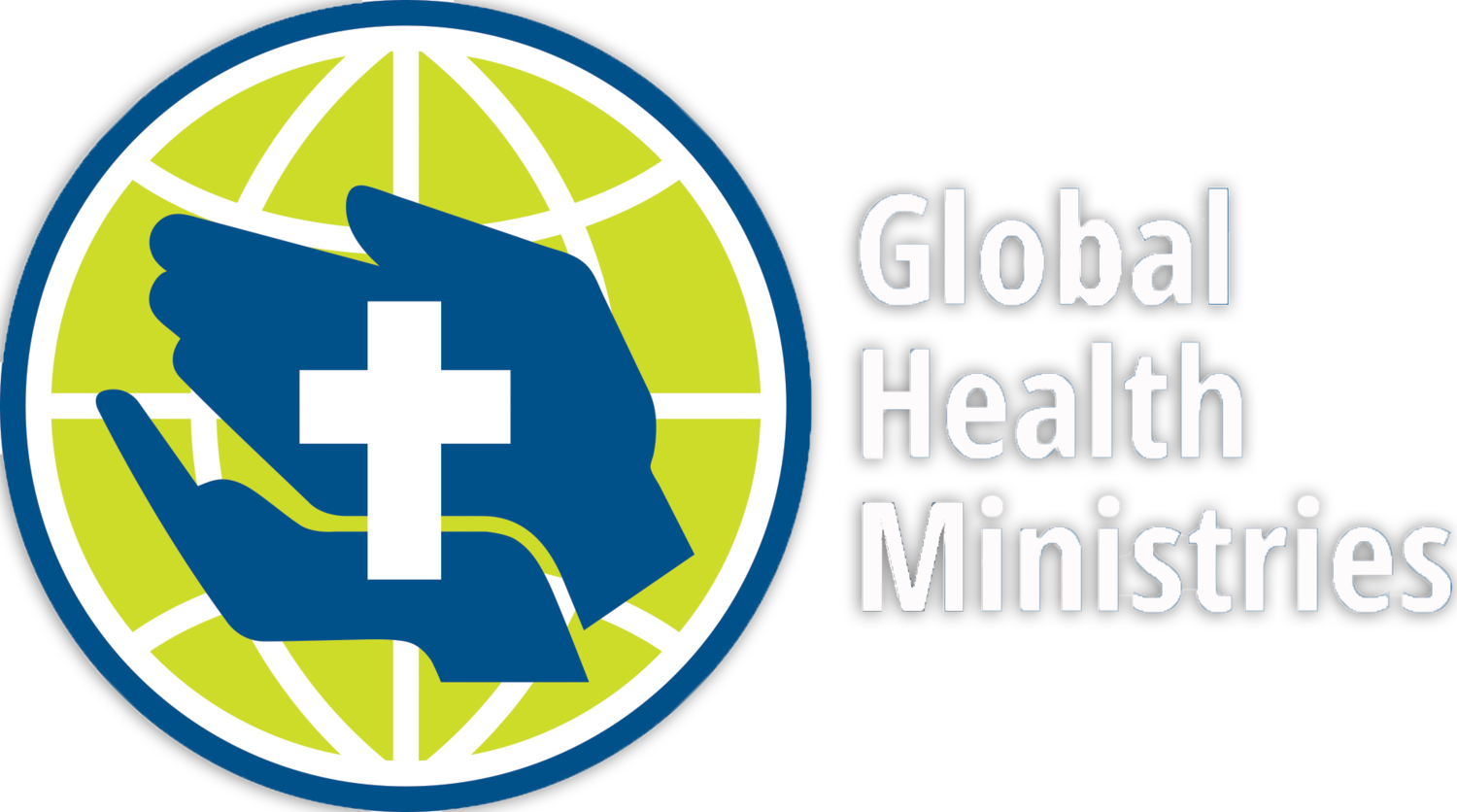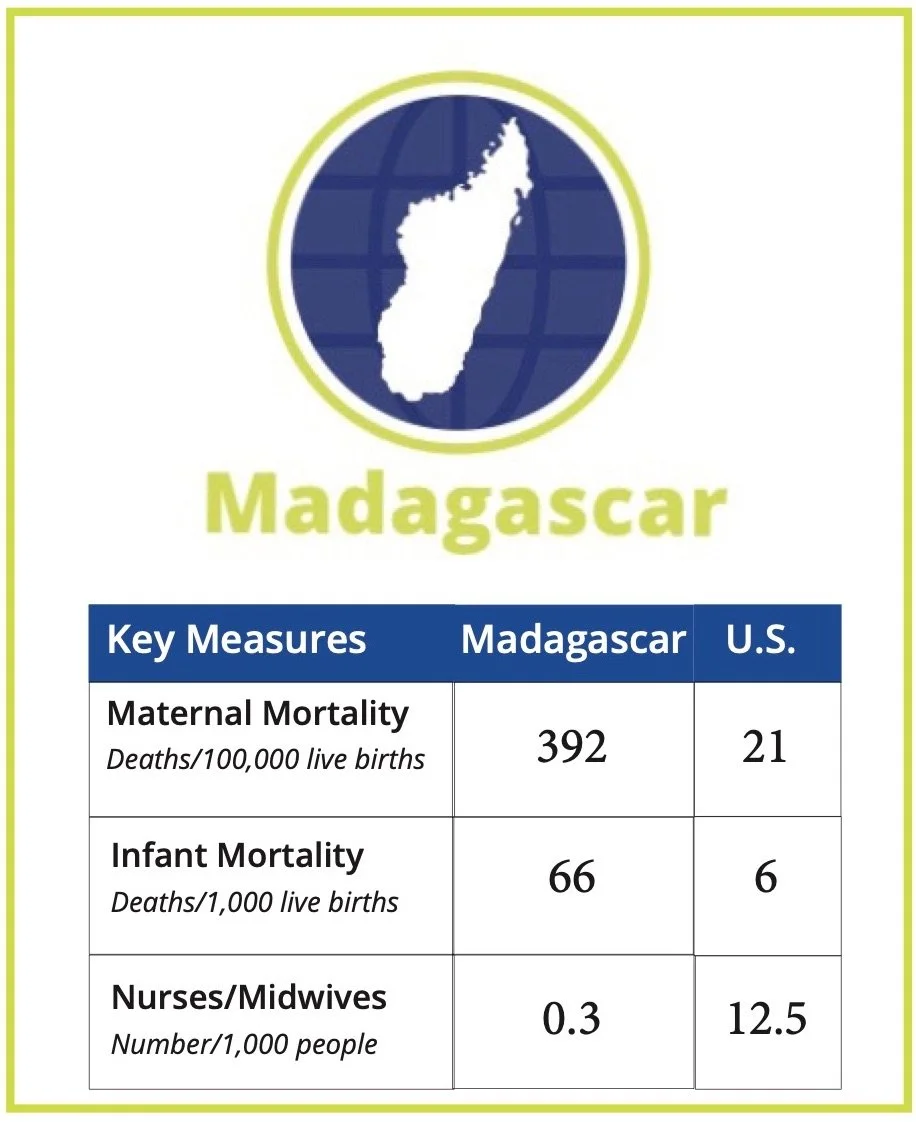
Madagascar
GHM in Madagascar
Today the Malagasy Lutheran Health Department (SALFA) is one of the largest Lutheran Healthcare Systems in the world. It represents one of Global Health Ministries’ (GHM) most significant partnerships in terms of funding, the array of programs we support, and the depth of collaborative relationships. In fact, GHM traces its origin to Madagascar. As medical missionaries sought ways to send urgently needed supplies to a vulnerable healthcare system the idea for GHM was born.
SALFA has grown over the decades to include ten hospitals, over 40 rural clinics, one of the country’s top nursing schools, and medical support for spiritual healing centers across the island nation. GHM’s support includes a wide range of capacity-building grants, shipping, consulting services, and even a GHM country office in the capital city to help maintain a strong transparent relationship.
GHM’s consulting service, GHM Consulting, has partnered with SALFA since 2009. The overall objective of each engagement has been SALFA’s sustainability coupled with expertise in governance and management. Most recently SALFA has also engaged GHM Consultuing in its priority to help integrate community health promotion into SALFA’s strategy to help communities work together and sustainably improve their own health.
Data from WHO, and The World Bank
Meet Razantsoa
It’s becoming increasingly difficult to grow vegetables around Razantsoa’s home. Persistent drought in southern Madagascar is impacting crops, and malnutrition rates are rising. More than a million people across the region are suffering without enough water or food to sustain them, and the vegetable gardens that have traditionally been a source of income for families as well as a critical source of food and nutrition are failing. Vegetables need water to grow.
Razantsoa is a 16-year-old boy from Anjeba attending the secondary school in Antanemora. His parents can no longer provide for his schooling, but staying in his school was important to Razantsoa. He worked hard over winter vacation (July to September) and harvested enough vegetables to purchase 10 goats that provide him with funds for his studies. But despite his initiative, Razantsoa’s ability to repeat that success is limited by consecutive years of drought.
GHM and SALFA are partnering in a pilot project to help meet the urgent need for water in this region, and introducing conservation agriculture techniques that will empower local farmers to grow up to 3 crops in a season, where today there are none. Maternal and child health are particularly at risk and Community-Based Primary Health Care (CBPHC) and access to urgent care will help improve health for women and children. More detailed information about this important project is available here.
Meet Mari Christalle
Just sixteen years old, Mari Christalle was not yet ready to be a mother. Her village in southeastern Madagascar is far from any hospital or clinic, and when her labor lasted for days, there was no one who could help her. She lost the baby, and her young body suffered damage that left her with a fistula, a small hole caused by the pressure of her prolonged labor. Women with fistula are chronically incontinent. GHM networks partners like the Fistula Foundation and SALFA, to bring life-restoring surgery to girls like Mari Christalle. With funding provided by Fistula Foundation, surgeons at all ten Lutheran hospitals in Madagascar are now trained in fistula repair surgery, and SALFA has performed hundreds of fistula repair surgeries across the country, including 700 in 2020 despite a months-long national lockdown during the COVID-19 pandemic. It’s anticipated that the incidence of fistula in Madagascar has increased since the start of the pandemic as many women were unable to access prenatal care or assisted deliveries.




